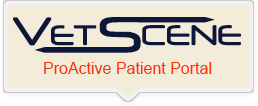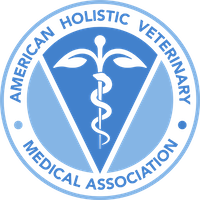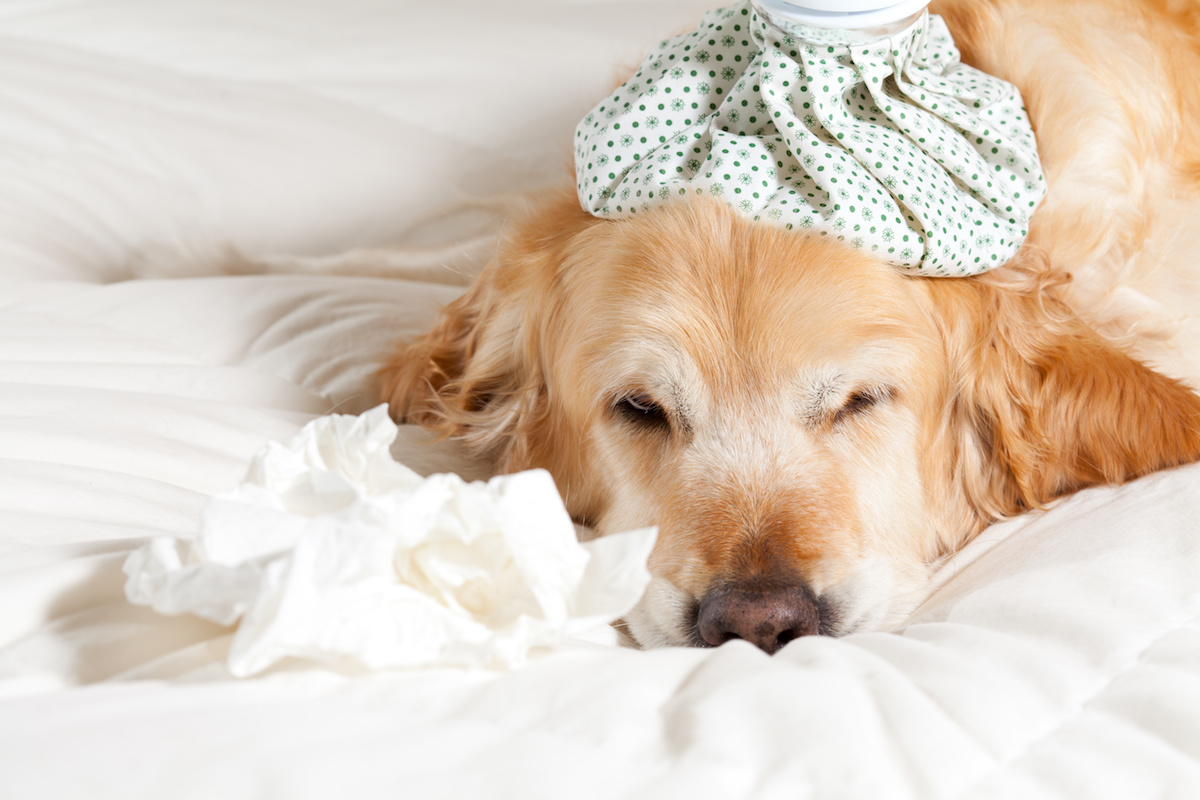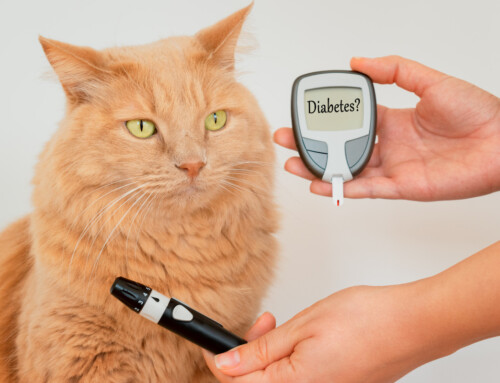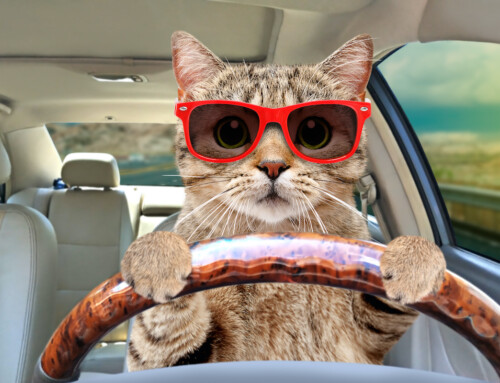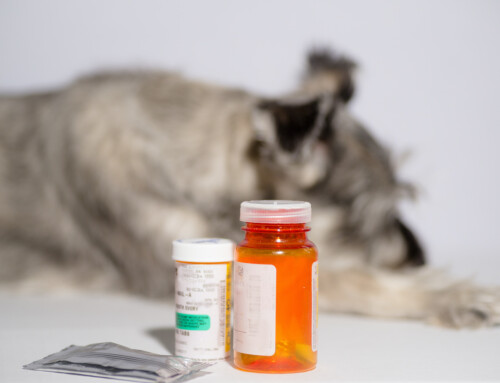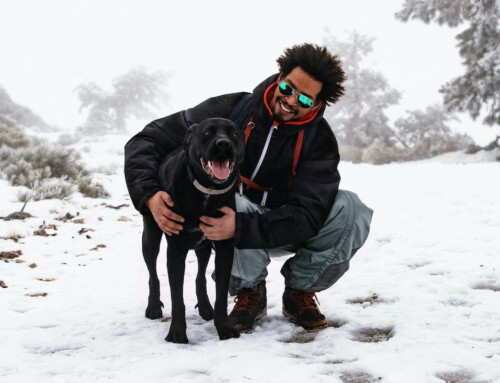March 18 – 24 is National Animal Poison Prevention Week. If you are concerned that your dog or cat has been poisoned, call MainStreet Veterinarians or Pet Poison Helpline at 800-213-6680 immediately for assistance! The sooner you treat your dog or cat, the better the outcome. To assist you the pet owner, here is a list of the signs to look for poisoning in dogs and cats [Source – Pet Poison Helpline]
Internal bleeding
- Coughing of blood
- Vomiting blood
- Pale gums
- A racing heart rate
- Weakness or lethargy
- Collapse
Gastrointestinal signs
- Vomiting
- Diarrhea
- Drooling/hypersalivating
- Inappetence
- Nausea
Kidney failure
- Halitosis (“uremic” breath)
- Inappetence
- Vomiting
- Diarrhea
- Excessive thirst or urination
- Absence or decreased urination
Liver failure
- Jaundice/icterus/yellow discoloration to the gums
- Weakness or collapse secondary to a low blood sugar
- Dull mentation, acting abnormally
- Vomiting
- Diarrhea
- Black-tarry stool (melena)
Valuable Steps if Your Dog has been Poisoned
If you do think your animal has been poisoned, here are some valuable steps to take from Cesar Millan’s website.
If you know or suspect your dog is poisoned…
First, remain calm. Though it’s important to act quickly, you must also act carefully — your actions may determine the outcome of your dog’s health emergency.
Step 1
Collect remaining poison or any other substances involved, such as vomit. This evidence can help your vet and other emergency responders identify the type of poison that has affected your dog.
Step 2
Call your vet or the ASCPA Animal Poison Control Center (APCC). You can reach the APCC at (888) 426-4435 and receive advice from animal poison experts for a $65 consultation fee.
Step 3
While speaking on the phone with MainStreet Veterinarians or animal control experts, you should be ready to tell them the breed, age, sex, and weight of your dog, as well as symptoms and other important information about the incident. If possible, find the product or container for the poisonous substance and keep it on hand for reference throughout the call. The professionals will advise you on your next course of action. However, if your dog has a seizure, is struggling to breathe, or loses consciousness, bring her to your local vet or emergency clinic immediately.
[Source for steps – Cesar’s Way]
People Foods to Avoid Feeding Your Pets
ASPCA Animal Poison Control Center put together a handy list of the top toxic people foods to avoid feeding your pet. Some of the items on it are very surprising so take the time to familiarize yourself with it.
MainStreet Veterinarians practices both conventional as well as alternative animal healthcare from our friendly office in Stone Mountain, GA. Offering mainly conventional veterinary medicine and surgery to also offering a wide array of alternative and holistic treatments to the veterinary community as well. Call us today to make an appointment with your beloved pet at 770-498-4620 or send us an email.

